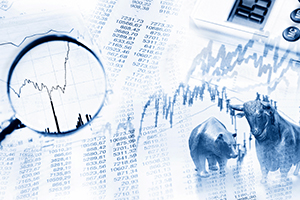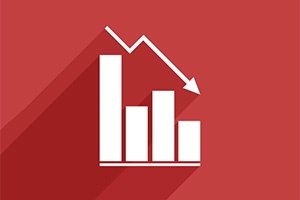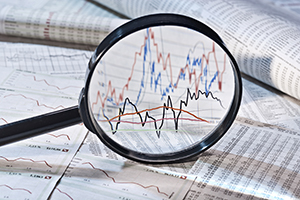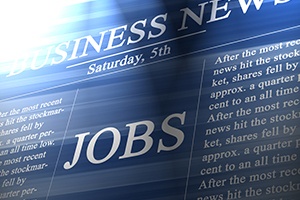Last week, we took a look at progress in the coronavirus pandemic since the start of April, which has been substantial. What I want to look at today is some very good news from the past week. We saw continued and even accelerated progress on several fronts with the pandemic and are almost into phase 2. For the economy, the rolling reopening has also started to show some positive effects. Financial markets, on the other hand, have had some volatility as the prospect of reopening turns into reality. So, here we go.














